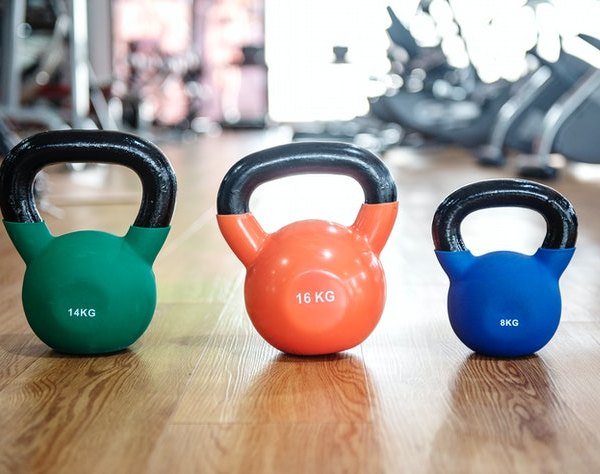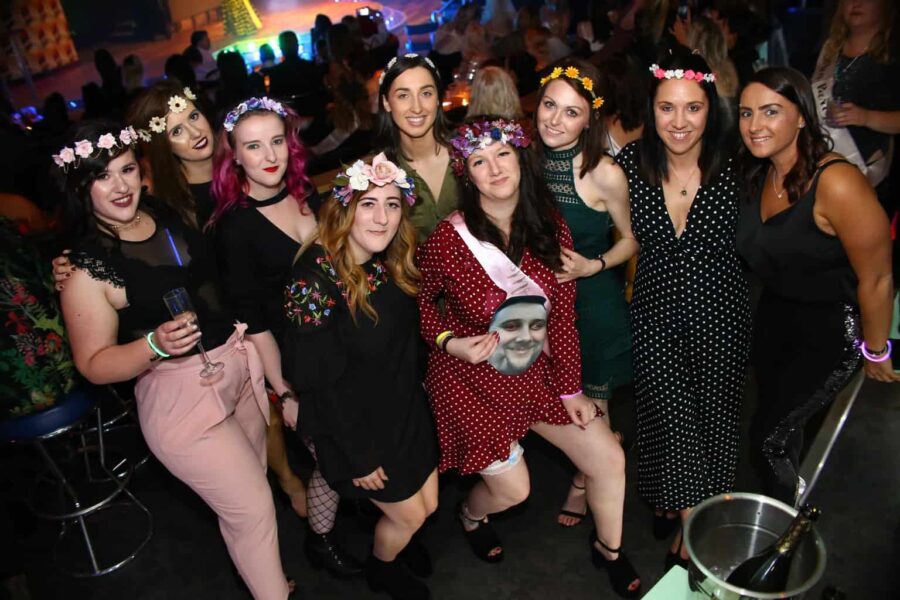The UK has become the first country in the world to approve the Pfizer/BioNTech coronavirus vaccine, paving the way for mass vaccination.
Britain’s medicines regulator, the MHRA, says the jab, which offers up to 95% protection against Covid-19 illness, is safe to be rolled out.
The first doses are already on their way to the UK, with 800,000 due in the coming days, Pfizer said.
Health Secretary Matt Hancock said the NHS will contact people about jabs.
Elderly people in care homes and care home staff have been placed top of the priority list, followed by over-80s and health and care staff.
But because hospitals already have the facilities to store the vaccine at -70C, as required, the very first vaccinations are likely to take place there – for care home staff, NHS staff and patients – so none of the vaccine is wasted.
The Pfizer/BioNTech jab is the fastest vaccine to go from concept to reality, taking only 10 months to follow the same steps that normally span 10 years.
The UK has already ordered 40 million doses of the jab – enough to vaccinate 20 million people.
The doses will be rolled out as quickly as they can be made by Pfizer in Belgium, Mr Hancock said, with the first load next week and then “several millions” throughout December.
Scottish First Minister Nicola Sturgeon said the first people in Scotland will be immunised on Tuesday.
The bulk of the rollout will be next year, Mr Hancock said, adding: “2020 has been just awful and 2021 is going to be better.”
While he said that the government does not yet know how many people need to be vaccinated before restrictions can start being lifted, he added: “I’m confident now, with the news today, that from spring, from Easter onwards, things are going to be better. And we’re going to have a summer next year that everybody can enjoy.”
Prime Minister Boris Johnson added: “It’s the protection of vaccines that will ultimately allow us to reclaim our lives and get the economy moving again.”
The free vaccine will not be compulsory and there will be three ways of vaccinating people across the UK:
- Hospitals
- Vaccination centres “a bit like the Nightingales project and including some of the Nightingales”, said Mr Hancock
- In the community, with GPs and pharmacists.
Around 50 hospitals are on stand-by and vaccination centres – in venues such as conference centres or sports stadiums – are being set up now.
It is thought the vaccination network could start delivering more than one million doses a week once enough doses are available.
NHS chief executive Sir Simon Stevens said the health service was preparing for “the largest-scale vaccination campaign in our country’s history”.
But experts said people still need to remain vigilant and follow rules to stop the virus spreading – including with social distancing, face masks and self-isolation.
“We can’t lower our guard yet,” said the government’s chief medical adviser Prof Chris Whitty.











Leave a Comment